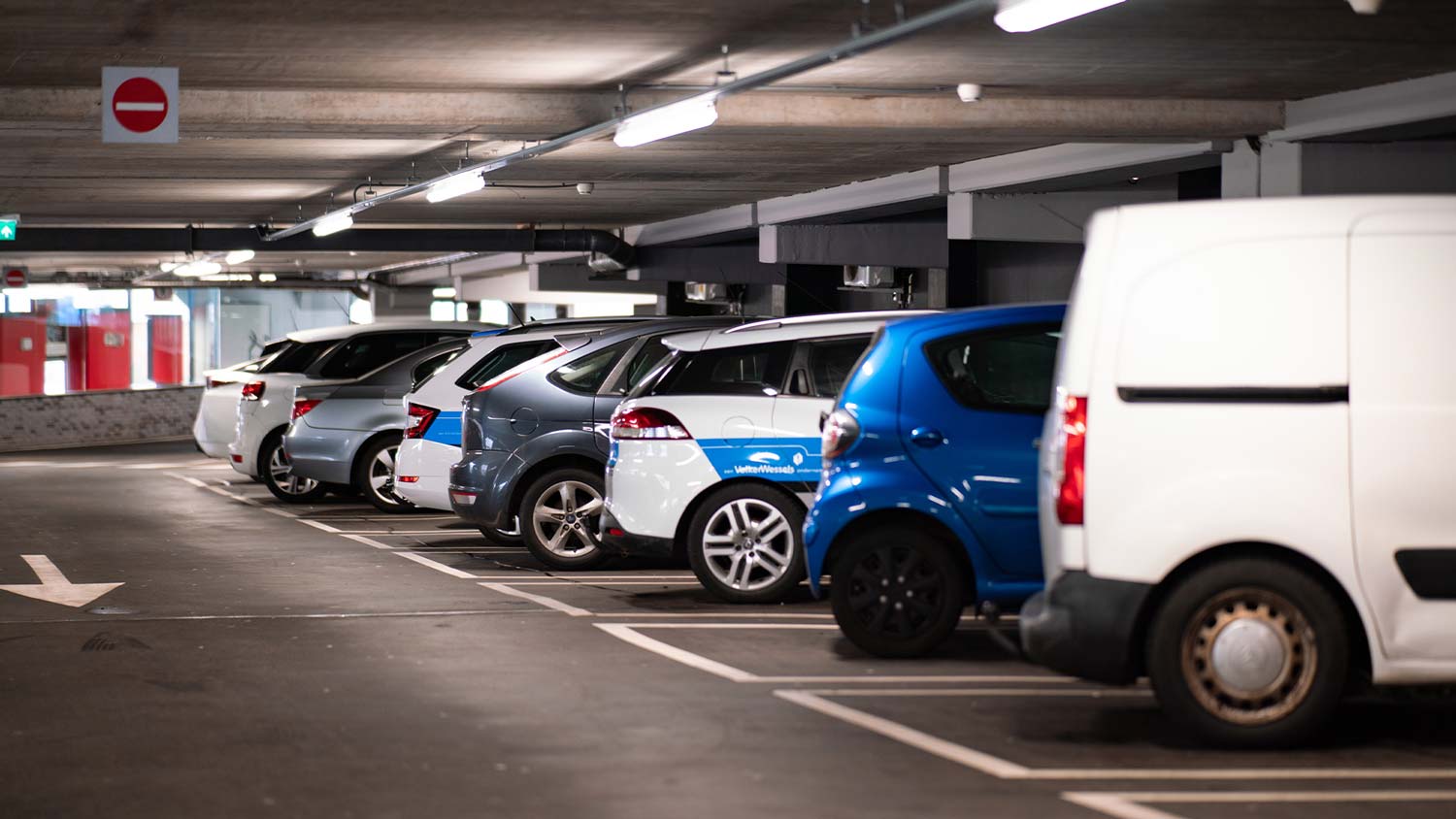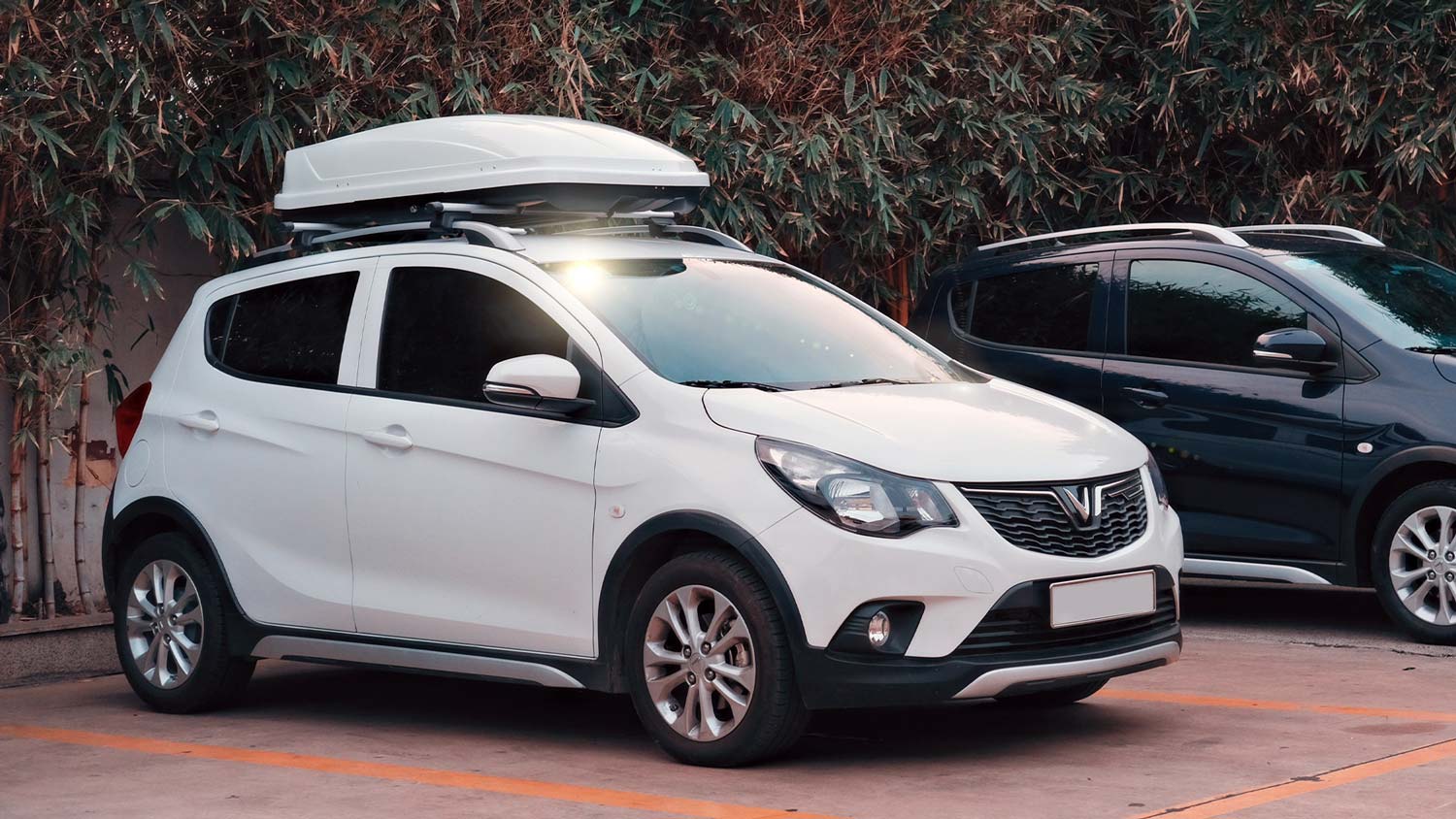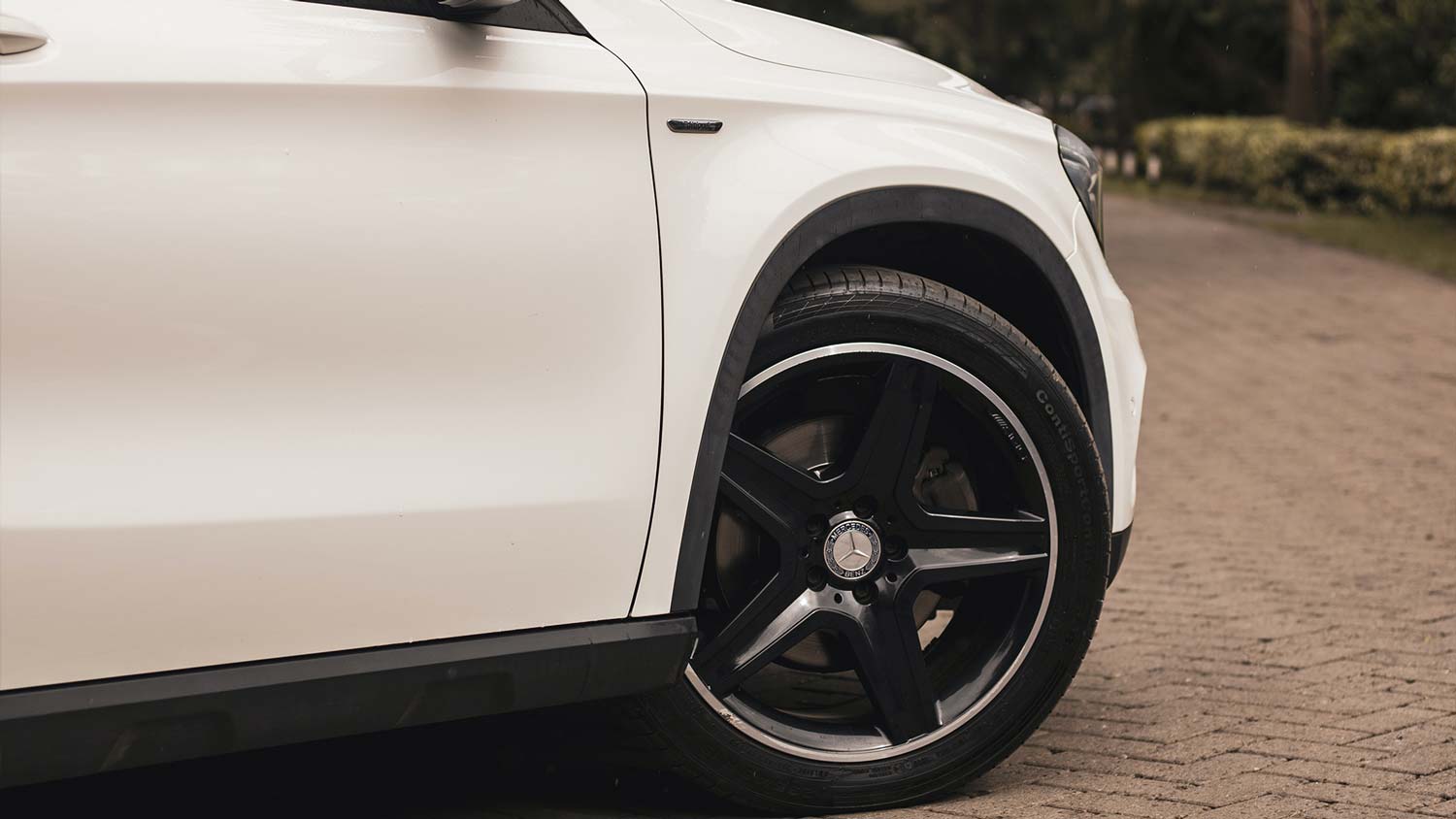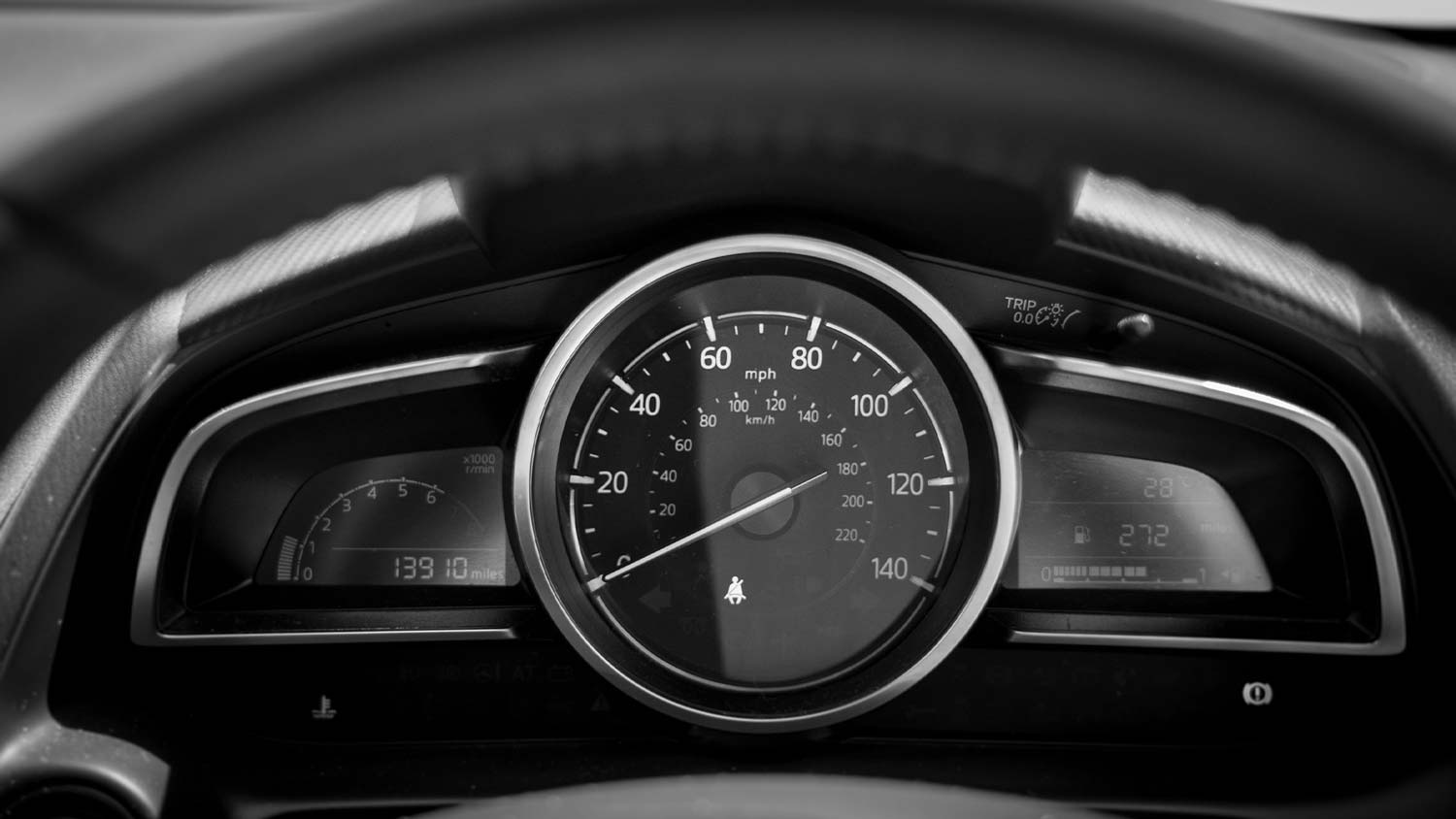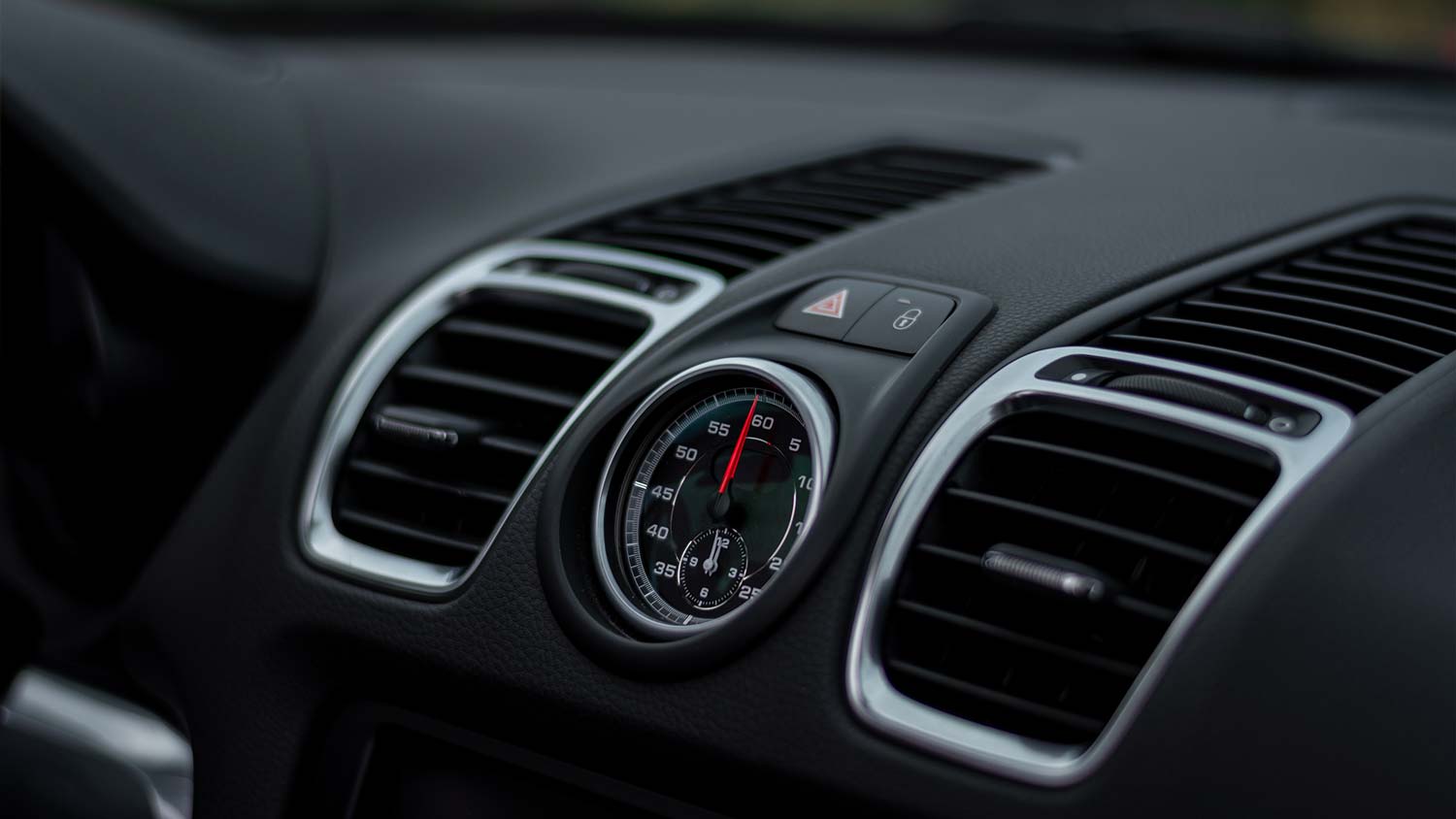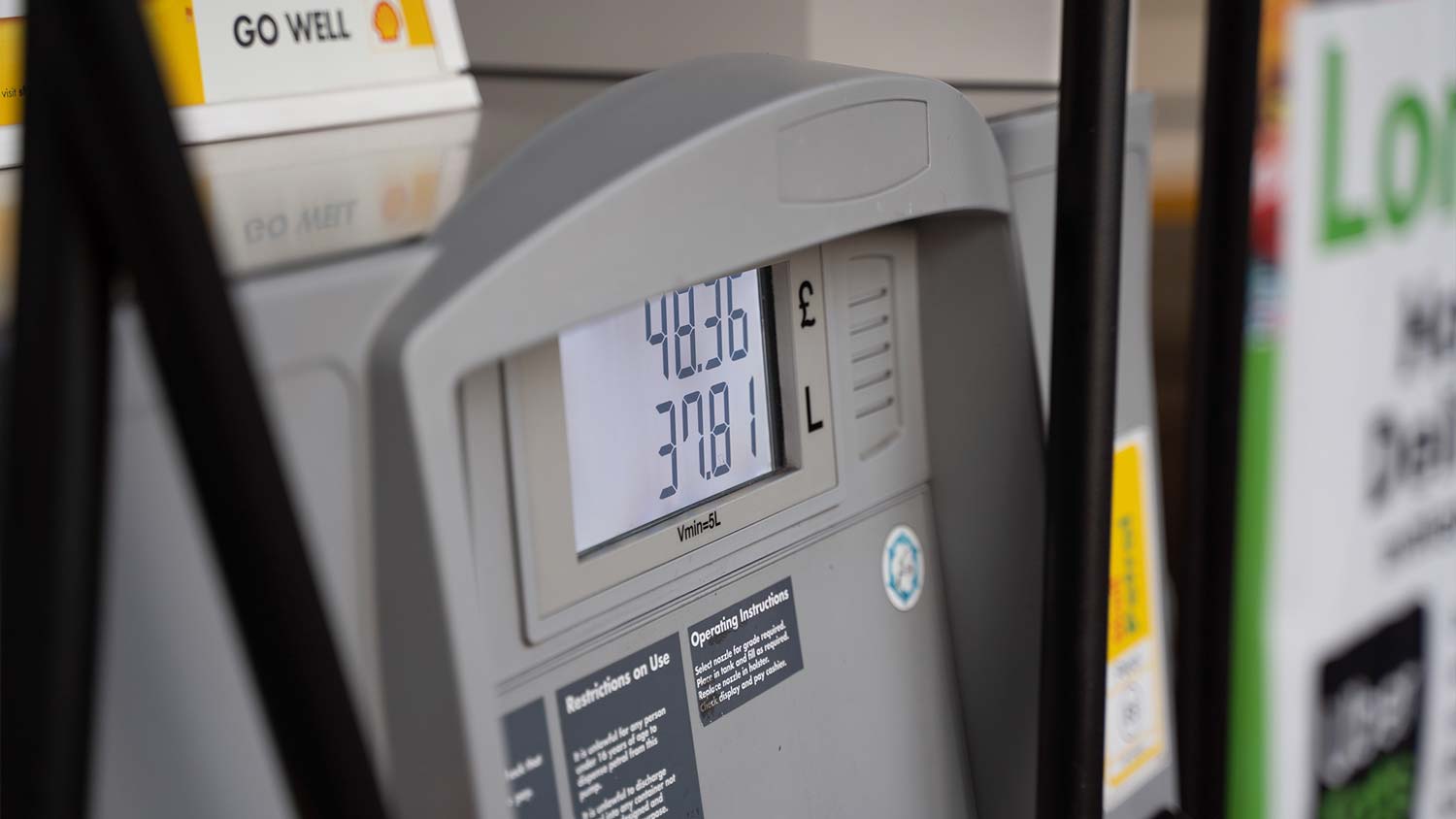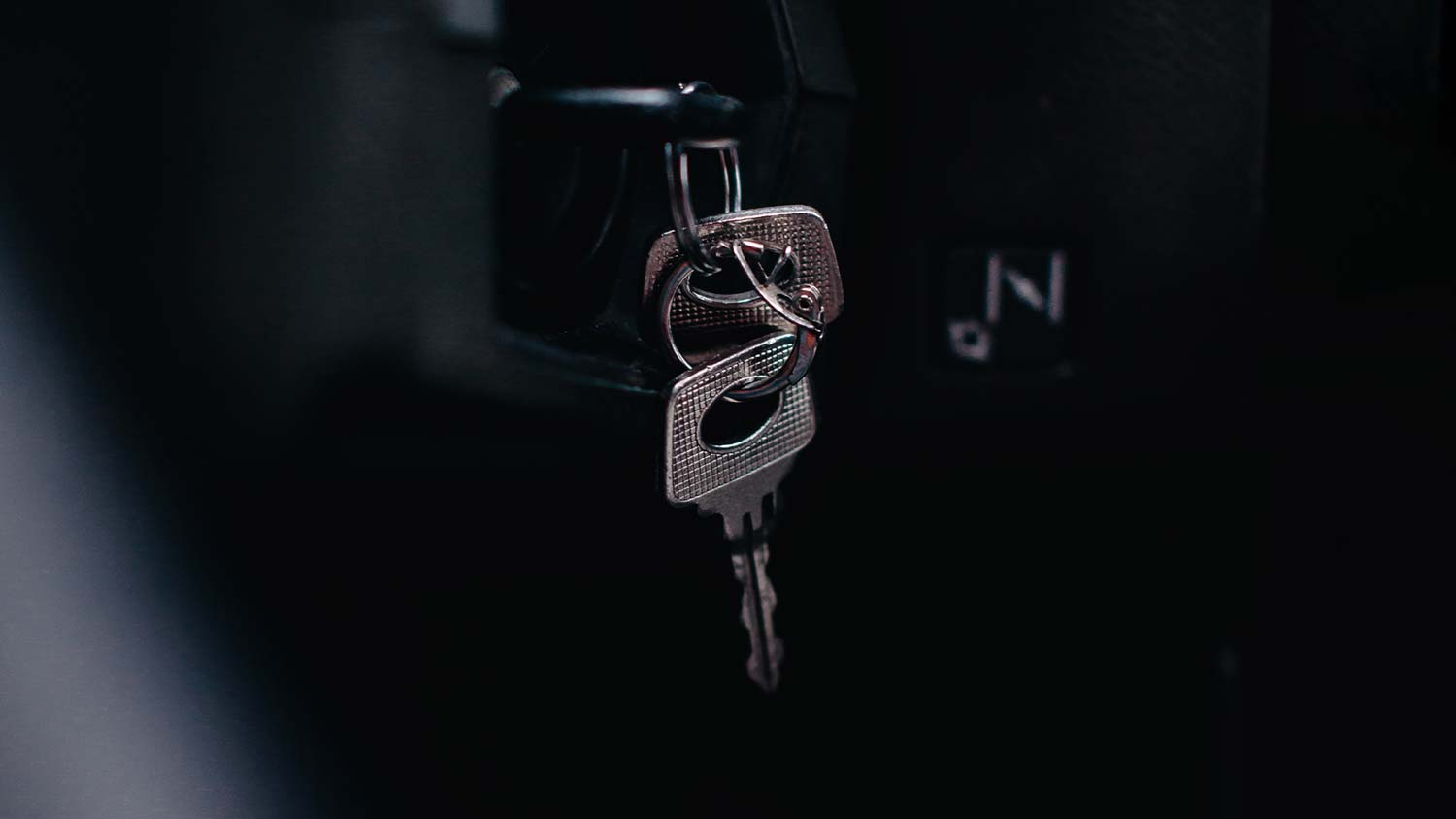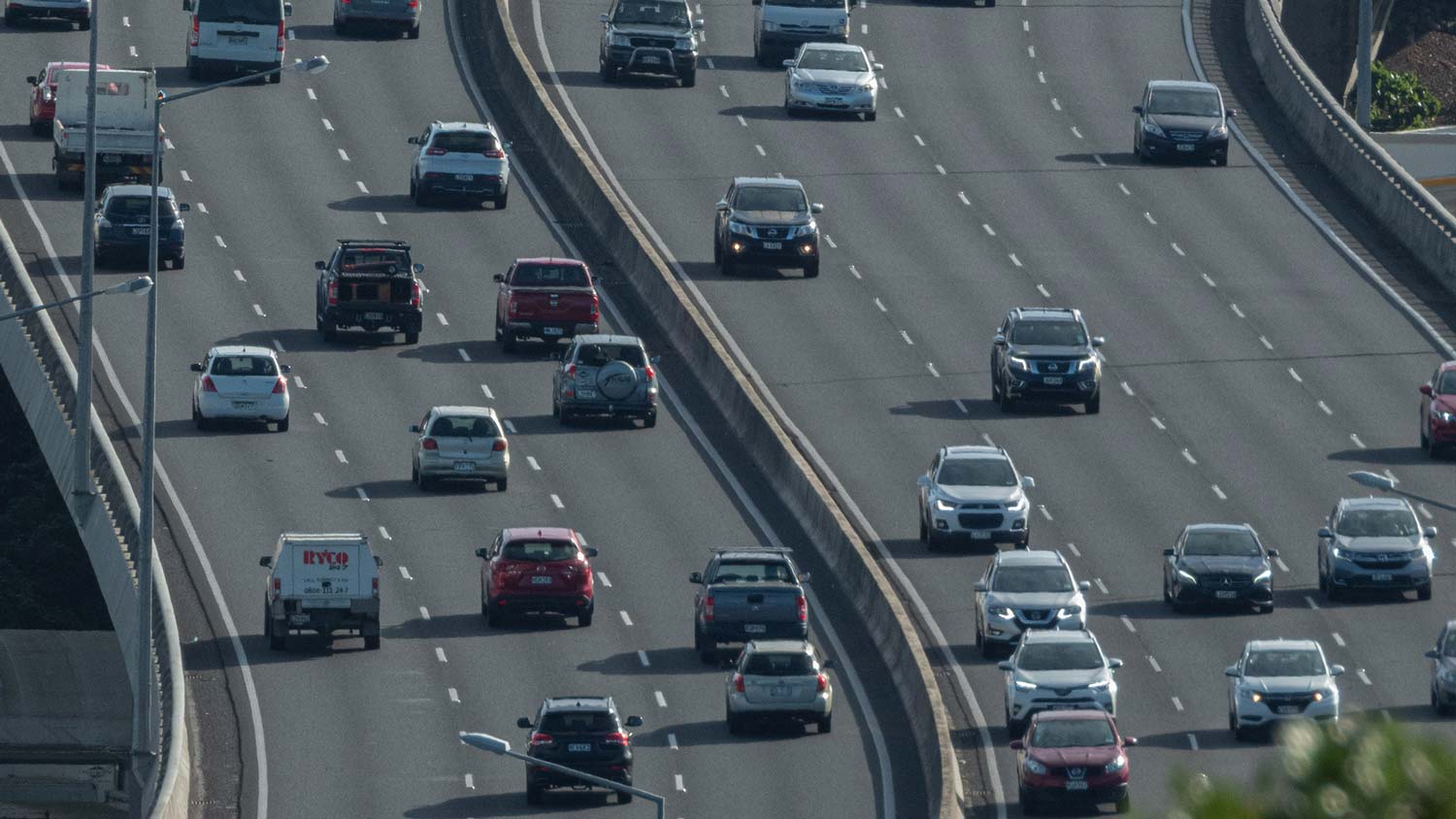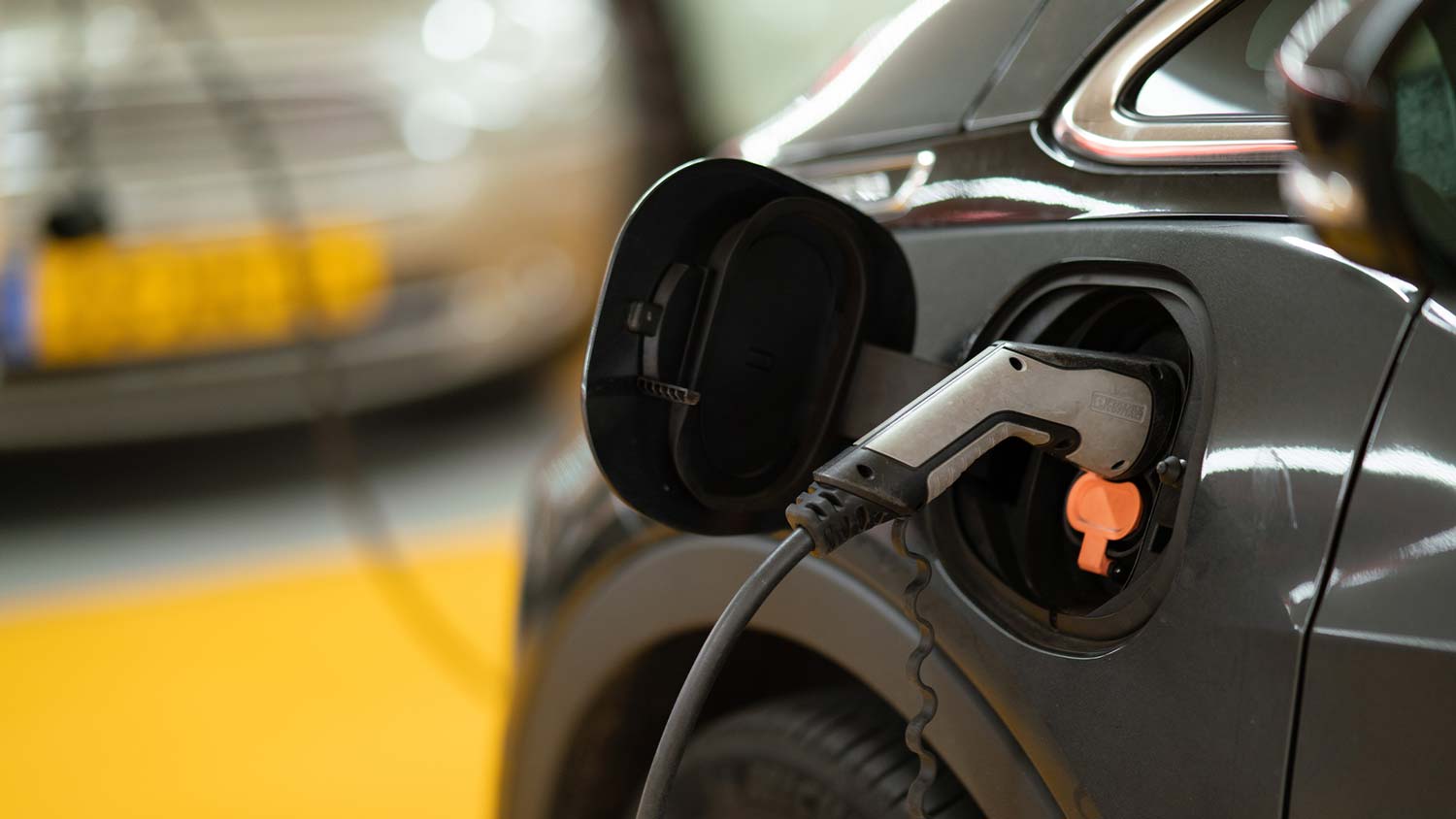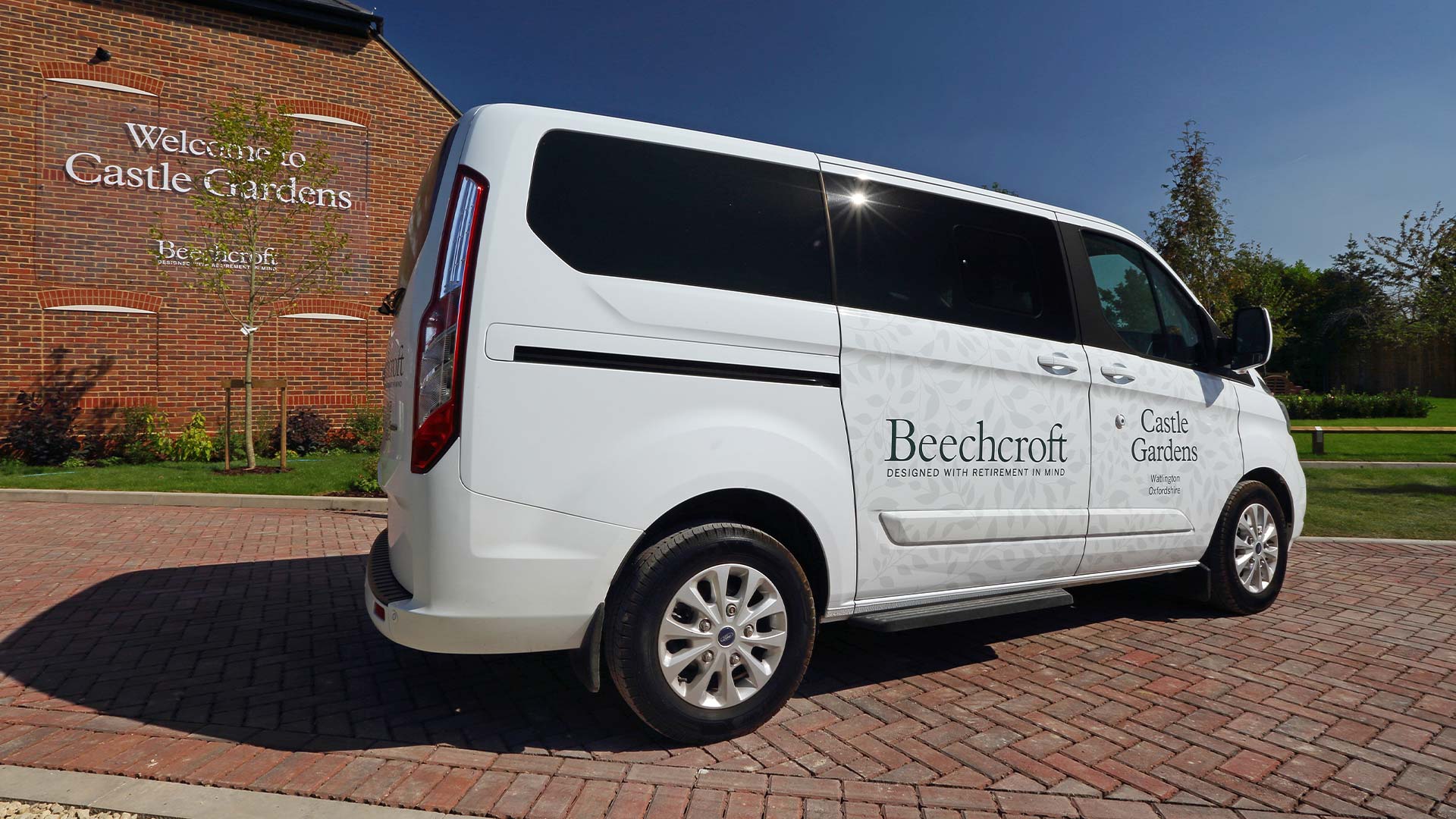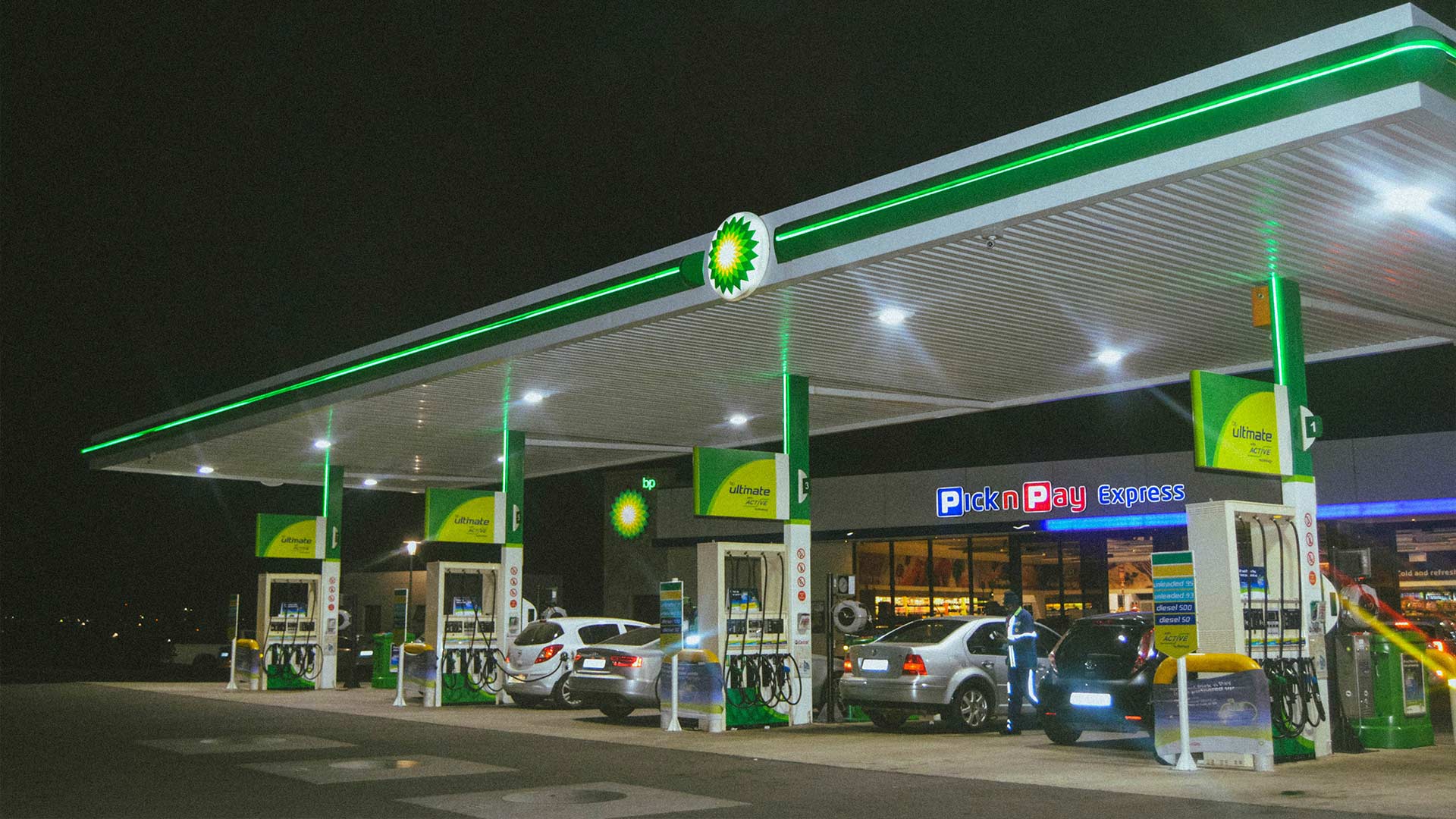
Fuel prices are remaining high, meaning it's important you consider ways to reduce the cost of your petrol or diesel. See our top 10 tips for making the most out of your tank of fuel.
*Blog updated 30th April 2024.
With petrol and diesel prices remaining high, we all need to make savings on our fuel.
Beechcroft always selects development land in close proximity to some of the South’s most attractive villages and market towns but if you’re going shopping, you may not want to walk to town.
At Beechcroft’s Cotswold Gate in Burford and Castle Gardens in Watlington, a free shuttle bus makes it possible for residents to leave the car at home. There are also other changes we can all make to save fuel, save money and benefit the environment.
The price of fuel in the UK is among the most expensive in the world.
Crude oil is bought by retailers on the global market and prices fluctuate according to supply and demand – and exchange rates can affect prices. In terms of the UK, fuel duty is very high – at around 53p per litre and, according to the BBC, this accounts for 35% of the total cost of the fuel. Then there’s the VAT which is charged at 20%.
Fuel prices are rising in the UK for a number of reasons.
Whilst most of us think that just popping into town in the car won’t use much fuel, journeys of less than 5 miles are the most fuel expensive.
The reason for this is that the car engine, whether diesel or petrol, needs time to warm up and reach optimum fuel efficiency.
A warm engine is most efficient and several ‘cold’ starts increase the fuel consumption even though the total mileage could be the same. Short journeys can also drain the car’s battery.
So many people keep sports equipment such as golf clubs in the car, but the heavier the car is, the more fuel it will use.
To save fuel, try to reduce whatever you’re carrying in the boot. Roof bars and roof boxes add weight but they also create wind resistance which causes your car to use more fuel through the drag effect.
According to the Energy Saving Trust, an empty roof rack adds 16% drag when driving at 75 mph and, at the same speed, a roof box adds 39%, making your car much less fuel efficient. Even small flags can decrease the fuel efficiency.
If you maintain your car, you’ll improve the efficiency and reduce fuel consumption.
This means ensuring that tyres are inflated to the correct pressure – if they are over inflated or underinflated both will affect fuel economy.
Tyre pressures do vary according to the load – four passengers and luggage require tyres inflated to the maximum recommended pressures.
Speed is one of the biggest factors in fuel usage.
Driving at 60 mph rather than 70 mph on motorways has a significant effect on fuel efficiency.
Of course, the optimum fuel economy speed is different for every car. The RAC carried out a record road trip in an Audi A6 ultra and discovered that model’s optimum fuel economy speed was 52 mph in seventh gear on the flat. Typically, cars are most efficient at 45 to 50 mph.
The secret to achieving high mpg is driving in the highest possible gear while keeping within the speed limit. In urban areas, change up through the gears as quickly as you can with the lowest revs possible. If you have an mpg indicator on the dashboard, switch it on and you may be surprised.
Air conditioning may help keep you and your passengers comfortable in hot weather but it’s operated by your engine and puts an additional load on your engine when its running.
This means it significantly increases the fuel mileage.
The outside temperature, the size of the engine, the make and model of the car and the condition of the aircon system all have an effect but running the air conditioner in very hot weather can increase fuel consumption by up to 25% - and using the AC in a hybrid or electric vehicle can be even greater.
The best advice is to open the windows at lower speeds and turn on the aircon when you are on the motorway. Open windows may increase the drag on the car and this reduces fuel economy but the impact is less than running the aircon at lower speeds.
If you avoid having a full tank, the fuel you have goes that bit further.
Some fuel tanks carry up to 109 litres, which constitutes a significant amount of extra weight to carry about when you drive. This increases the load on the engine, meaning it burns through more fuel.
If you keep the engine running whilst you are parked, your car will consume half a gallon to a gallon of fuel every hour – as well as pumping carbon dioxide into the air.
With a modern car, you’ll burn less fuel by turning the engine off and then restarting it, than leaving the engine idling.
One way to save fuel is to drive at a constant speed and, on the motorway or long straight roads, cruise control can help reduce fuel consumption.
Do switch it off on steep roads though – it’s a system designed to be used on flat roads at a constant speed rather than for going up and down hills.
When buying a new car, look at the fuel efficiency which is indicated by the mpg rating.
Think about switching to an electric car – and new Beechcroft developments have electric charging points.
Your driving style has an impact on the amount of fuel you use.
Gentle acceleration and using the highest safe gear uses less fuel.
As you approach red traffic lights, ease off the accelerator. This is known as ‘defensive driving’ and it certainly reduces fuel usage.
How to save money on your fuel bill:
1. Avoid taking short journeys
2. Lighten the load on your car
3. Make sure you maintain your vehicle and service it regularly
4. Watch your speed
5. Switch off your air conditioning
6. Only top up your tank with as much fuel as you need
7. Avoid leaving the engine idling
8. Use cruise control
9. Consider changing your car
10. Drive as smoothly as you can
Did you know that Beechcroft's range of retirement properties are built with efficiency in mind? Recent research has even found that these modern houses and apartments could save you up to 60% on your energy bills each and every month.
And our estates for the over 55s in Burford and Watlington in Oxfordshire both offer a free shuttlebus service into the local town, meaning you're able to save on your fuel and parking prices whenever you would like to pop into the shops.
29 May 2025
There are at least 12 different terms to describe retirement housing including extra care housing, housing with care, independent…
Read more9 May 2025
If you enjoy travelling within the UK, there are plenty of financial benefits related to retirement. It’s easy to leave the car…
Read more7 April 2025
From beautiful landscapes to excellent transport links, Kent offers the best of both worlds - convenience and charm - along with…
Read more